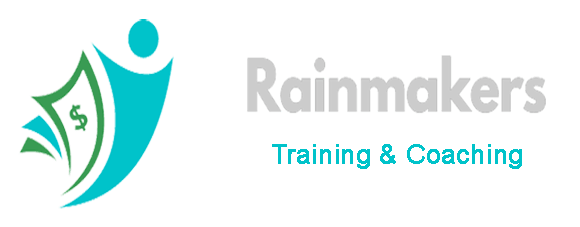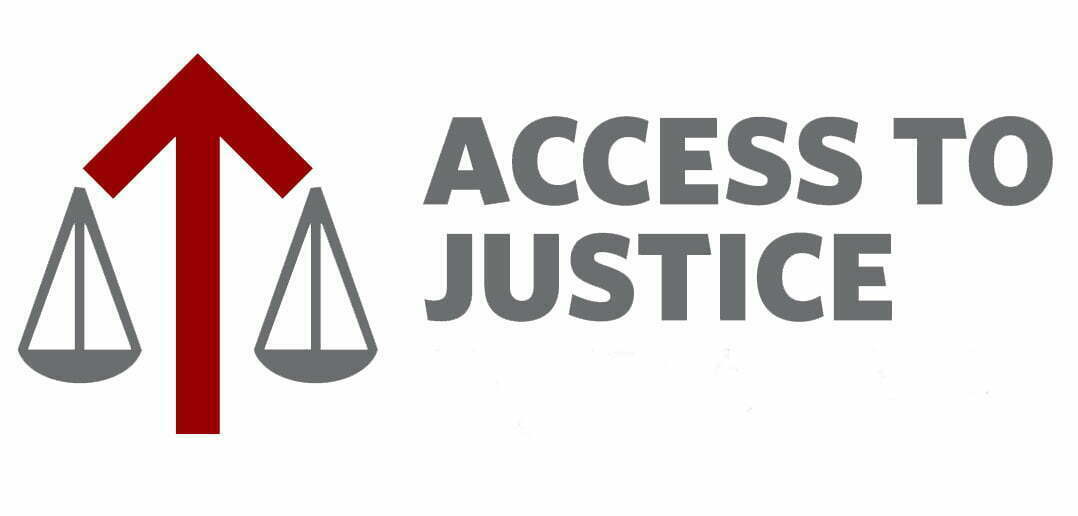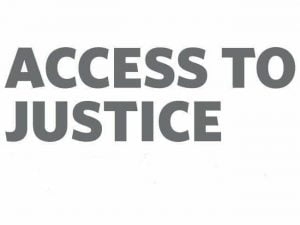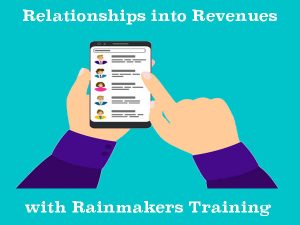How ChatGPT Can Improve Access to Justice
The generative chat bot, ChatGPT, alternately hailed and feared by the business community, may be a solution to the global Access to Justice (“A2J”) crisis.
I recently gave an interview to Newsweek for its coverage of an A2J story that was trending on social media in Europe and here in the States. The story involved a terminated worker looking to finance a lawsuit against her former employer. Ultimately, the terminated employee did a poor job of convincing a potential financier to contribute to her cause. Nonetheless, Newsweek’s coverage of the story shed much-needed light on an overlooked issue—the fact that there’s now a caste system in the law. Lawyers compete to represent those who can pay, and those who cannot pay are left behind.
What Is Access to Justice?
According to the World Justice Project, the term “access to justice” refers to the ability of any person, regardless of income, to use the legal system or legal services to advocate for themselves or their civil legal interests. On television, there are ads from law firms that will accept a personal injury or class action case for free. But that’s because recovery is reasonably certain and there’s a defendant on the other side who can afford to pay. This isn’t so for most cases other than personal injuries or class actions. In those other cases, the uncomfortable truth is that legal services have become a luxury most people cannot afford.
I believe ChatGPT can help make community legal services more affordable. I’m not suggesting that the public ask ChatGPT to solve their legal issues. Practicing law is a full-time job so layered and nuanced that even technology as sophisticated as ChatGPT would be hard-pressed to envision every scenario and return the best response. After all, humans program technology making it only as knowledgeable as the programmer.
However, I do believe that small legal firms can use ChatGPT to create profitable volume practices. I also think large law firms can establish and finance for-profit subsidiaries dedicated to providing community legal services assisted by technology. There should be no disgrace in making one’s services available at different price points and service levels. To the contrary, it is the profession’s mandate to meet the legal needs of the entire marketplace.
The Role of ChatGPT
Most attorneys do not enjoy personal involvement in business development. Deployed thoughtfully, ChatGPT can be an effective sales tool taking the place of some human interaction.
The difference between ChatGPT and other chat bots on the market is ChatGPT’s conversational ability. It can be trained to ask the business development questions that diagnose a prospective client’s problem. It can then be programmed to scour the web to compare prices and other key features that may weigh on a prospect’s purchasing decision. The firm also can use ChatGPT to collect payment information. Finally, the technology can provide basic post-sale client service such as (those horrible) no-reply email updates, deadline reminders, and form letters. The only tasks left for the lawyer to provide in this case would be analytical and strategic in nature—the true practice of law rather than legal administration and business development work.
At Sales for Lawyers, we offer in-person and web-based training to teach law firms how to deploy ChatGPT for these sales and marketing functions. One should not expect ChatGPT to provide a warm and personal client experience. However, some civil legal help is better than none. If ChatGPT can eliminate the grunt work, lawyers may be able to charge less and make a dent in the estimated 5 billion legal matters that the World Justice Project says exist at the low end of the legal market.







Comments are closed